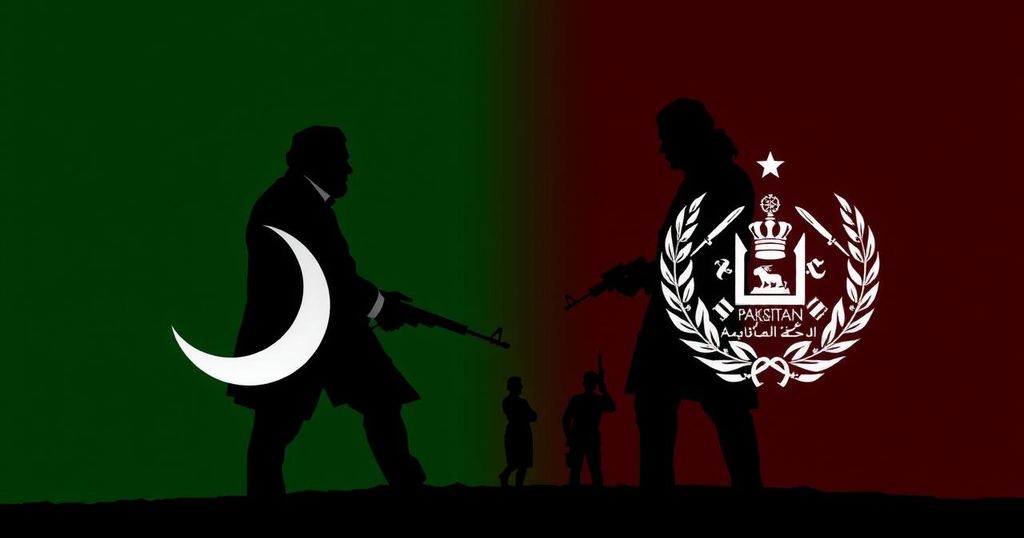Pakistan Calls on Afghan Taliban to Address Ties with the TTP and Women’s Rights Issues
On Wednesday, Pakistan formally appealed to the leaders of the Afghan Taliban to clarify the nature of their relationship with the Tehrik-i-Taliban Pakistan (TTP), a designated global terrorist organization known for its violent incursions across the border into Pakistan. This statement by Asif Durrani, Islamabad’s special representative to Afghanistan, coincides with a surge in TTP-led attacks that have resulted in significant casualties among both Pakistani security forces and civilians. Durrani emphasized the need for Afghanistan and Pakistan to collaboratively confront the TTP threat, suggesting that addressing this issue is imperative for ensuring a sustainable bilateral relationship.
Durrani’s remarks followed a press conference held by the Taliban’s military chief, Qari Fasihuddin Fitrat, who denied that the TTP operates from Afghan territory. Fitrat contended that proof of TTP’s presence in Afghanistan is lacking and indicated that the group orchestrates its attacks from bases within Pakistan. Despite these conflicting narratives, the TTP has historically aligned itself with the Taliban, offering support during the insurgency against U.S.-led forces in Afghanistan prior to the Taliban’s resurgence to power.
In light of escalating tensions due to TTP attacks, Durrani reiterated Pakistan’s commitment to assist Afghanistan in navigating international trade challenges, despite the ongoing violence. A recent report by the United Nations labeled the TTP as “the largest terrorist group in Afghanistan,” alleging that the Taliban is facilitating increased TTP operations and training in territory controlled by al-Qaida. In response, the Taliban has rejected these accusations, defending their governance methods as compliant with Islamic law.
Furthermore, Durrani recognized the Taliban’s efforts to establish national security since their takeover but expressed concern regarding their stringent restrictions on Afghan women’s rights. He advocated for the international community’s concerns to be addressed, particularly regarding girls’ education and women’s participation in the workforce. The Organization of Islamic Cooperation has also called for the Taliban to reverse their policies that hinder women’s rights.
As the situation evolves, the Taliban faces mounting international criticism for their governance, including recent regulations restricting women from participating in public life, such as prohibiting road travel without a male guardian, and enacting bans on women speaking aloud or showing their faces in public. Taliban spokesperson Zabihullah Mujahid has dismissed these critiques, attributing them to a misunderstanding of Islamic principles by the Western world.
In conclusion, while the Afghan Taliban seeks to establish legitimacy within the international community, the ongoing violence attributed to the TTP and the restrictive measures against women present significant obstacles to the development of a cooperative relationship with Pakistan and the global arena. The need for transparent dialogue and commitment to fundamental rights remains critical for a stable and prosperous future in the region.








Post Comment